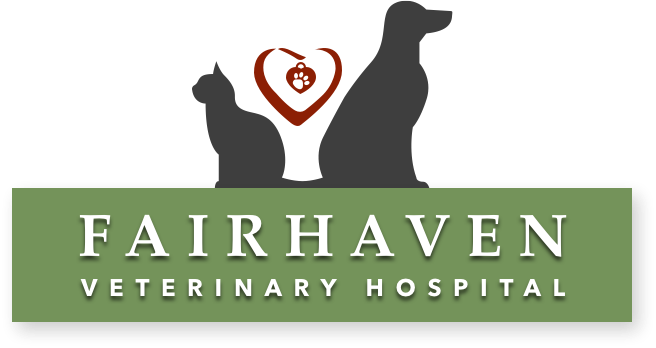Canine Influenza
Canine Influenza Update by Dr. Mark Kummer — January 12, 2018:
Despite the “red-flag” raised by a recent Fox News article, republished this week by the Bellingham herald, there has been no serious increase in flu cases on the west coast, and no confirmed cases reported in Washington for over 2-years. Consultation with the Washington State Veterinary Medical association, and with internal-medicine specialists at the two laboratories where we and other veterinarians send test samples, confirms this information.
Occasional outbreaks of Canine Influenza, usually in shelter animals, remain a low-level problem in the United States, and have recently been diagnosed in Canada as well (in dogs imported from overseas). Given the lack of local disease, we do not think vaccination is in the best interest of most of our canine patients at this time.
Please review the information in my original blog-post about Canine Flu below – everything stated there still holds true, and as stated above, there is no cause for increased concern at this time. If Flu should become more of a threat locally, we will begin stocking the appropriate Canine Flu vaccine (vaccines are now fully licensed for both forms of Canine Influenza), and will recommend it for dogs at risk.
********************************************************************************************************************
An outbreak in December 2015 of infectious, upper-respiratory disease at a boarding and day-care facility in King County has now been confirmed to be due to Canine Influenza. There have been no confirmed, local cases. Here is some important information to help protect your pets.
- Canine influenza, caused by the flu strain H3N8, has been a low-level concern in various parts of the US since it was first diagnosed in dogs in 2004. We have not carried or recommended the vaccination for this potential infection as there have been no documented local cases of infection.
- The outbreak in King County is likely due to a new flu strain, H3N2, which appeared last year in the Chicago area after previously being limited only to Asia. Additional testing is being performed to confirm that the King County outbreak was, indeed, H3N2.
- Both strains of flu cause mild-moderate upper-respiratory infections in most dogs. The infection often looks much like “Kennel Cough” (Coughing, mild nasal discharge, mild lethargy). Occasionally, more severe infections are characterized by high fevers and significant lethargy – these animals need to be evaluated for possible secondary bacterial infections and treated appropriately. In the Chicago outbreak, severe infections were uncommon and death due to complications was less than 1%.
- Treatment is the same as for Kennel-cough: General supportive care (cough suppressants, fluid therapy if dehydrated) and antibiotics if secondary bacterial infection is suspected. Severely ill animals may need to be hospitalized for IV fluids and antibiotics – Thankfully, this is rare.
- Prevention:
- There have been no confirmed, local cases of disease, but we are watching closely.
- The best prevention is to avoid exposure. Dogs who go to day-care, boarding-kennels, and grooming facilities are at some risk of exposure if the Flu virus does surface locally. It is reasonable to ask these facilities if they have had any coughing animals. If you take your dogs to off-leash parks, monitor closely for any coughing dog and remove your dog immediately if noted.
- If your dog develops a cough or nasal discharge, confine it to prevent exposing other dogs until clinical signs are completely resolved. If the cough is getting worse, or your dog is more than mildly lethargic – please call us.
- Vaccination? A licensed vaccine for dogs exists for the H3N8 flu virus. It does not cross-protect for H3N2. The FDA has just issued “conditional licensure” for a new H3N2 vaccine. Given the lack of local disease and the potential need to vaccinate against two different strains of Flu, we are not carrying these vaccines at this time. If the threat of Flu increases locally, we will obtain the appropriate vaccination for your dogs. Both vaccinations offer incomplete protection: They usually minimize the severity of disease and help limit virus shedding, but they do not completely prevent disease.
- The H3N2 virus has been shown to occasionally affect Cats (and Guinea Pigs). Please limit exposure of these animals if your dog develops a cough!
Links to more information:
http://www.veterinarypartner.com/Content.plx?P=A&A=3610
https://www.avma.org/KB/Resources/FAQs/Pages/Control-of-Canine-Influenza-in-Dogs.aspx
